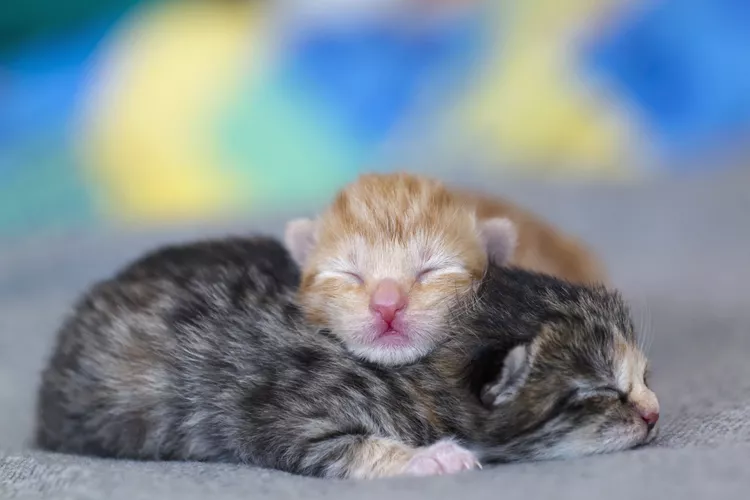
Newborn kittens may be born fully furred but they aren't done growing once they leave their mother's womb. The first week of a kitten's life is full of major changes and growth. If you have a litter of baby kittens, it's a good idea to know what to watch for—as well as know what you can do to help your kitten get off to a good start in life.
When a kitten is born it should fit in the palm of your hand. It will look just like a miniature version of an adult cat with its fur, four legs, two ears, and all its other body parts, but not everything works like an adult cat just yet.
The normal, healthy birth weight of a kitten is about 3.5 ounces which is just a little bit more than a deck of playing cards weighs. By the end of the first week, a kitten typically doubles its body weight putting it at about 7 ounces so these are good weights to record in order to monitor a kitten's growth. If a kitten isn't gaining enough weight it may mean there is something wrong that needs to be addressed.
After two or three days a kitten's umbilical cord will dry up and fall off but its eyes and ears will remain closed for a little while yet. At this point, the kitten is dependent entirely upon its mother (or foster human) for warmth, food, and hygiene. It will crawl around on its belly, cry if it is hungry, sleep, and urinate and defecate when its mother stimulates it by licking it.
You probably won't notice much of a difference between a newborn kitten and a one-week-old kitten but it will start to be more active as the week goes on. Kittens won't be playing with littermates just yet and the only social interaction between each other will be battling for a nipple to nurse from.
Since a newborn kitten is completely dependent upon its mother for the first few weeks of life, you'll need to play the role of mom if your kitten is an orphan or has been neglected by its mother. If the mother is taking care of the kittens then there is little you need to do but some things you should still look for.
Newborn kittens do not have any teeth and get all of their food and nutrition from cat milk. The first few days after giving birth, the mother cat will produce a very special kind of milk for the kittens called colostrum. This milk contains special ingredients called maternal antibodies which help protect the kittens from illnesses until their own immune systems are working. It is very important that kittens start nursing shortly after birth to ensure these antibodies are consumed from the colostrum.
If a kitten is orphaned and needs to be bottle-fed, a special cat milk replacement formula should be used to provide proper nutrition. A homemade kitten formula can be used temporarily. A newborn kitten should consume about seven teaspoons in a day and will eat small amounts every two hours.
At this young of an age there is no effective training that you can do with a kitten. Litter box training will come naturally for a kitten but should not begin until the mother cat is not needed to stimulate it to urinate and defecate.
If the mother cat is present, it is just as important to ensure it stays healthy as it is to monitor the kittens. Kittens need their mother to feed them, clean them, stimulate them, and keep them warm.
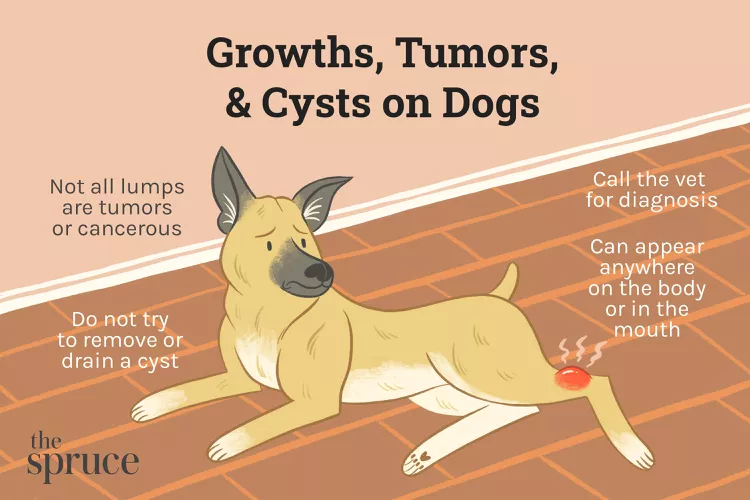
Tumors, Growths, and Cysts in Dogs
Tumors, lumps, growths, or cysts are commonly found on dogs. Learn the causes, treatments, and preventative measures.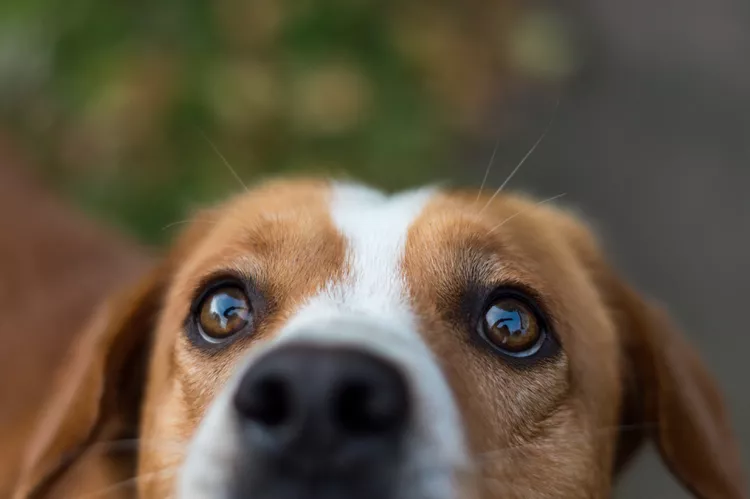
Eye Injuries and Infections in Dogs
Dogs can suffer eye injuries that range from mildly irritating to serious medical emergencies. Learn the causes, treatment, and prevention.
Vestibular Disease in Dogs
Vestibular disease affects a dog's balance and eye movements. Find out about the signs, causes, and treatment of vestibular disease in dogs.
Is Acetaminophen Safe for Dogs?
Acetaminophen is used by humans for pain and fever relief, but is it safe for dogs? Here's what you need to know before giving your dog acetaminophen.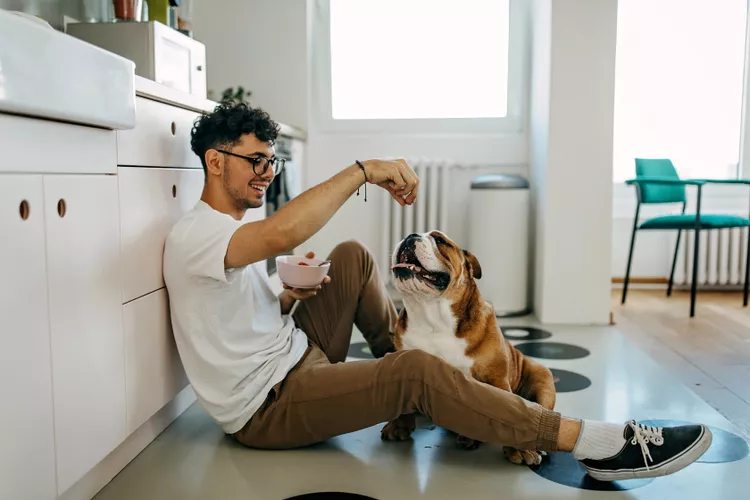
Can Dogs Eat Zucchini? Everything to Know About This Hardy Summer Squash
Zucchini is a nutritious food that's safe for dogs to eat in moderation. This low-calorie, high-fiber vegetable can be incorporated as a healthy treat in a dog's balanced diet. Learn more about its health benefits, potential risks, and how to prepare it.
Can Dogs Eat Popcorn? What You Need to Know for Movie Night
Dogs can eat popcorn, but there are safety concerns. Find out how to safely feed your dog popcorn and what you should do if you're concerned.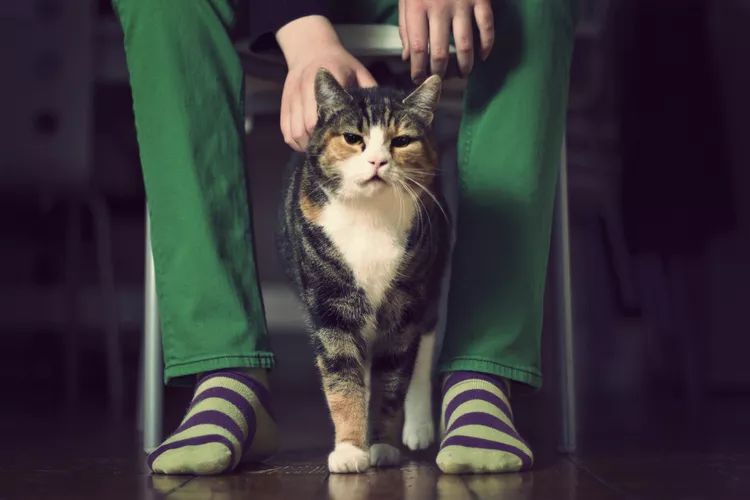
65 Irish Cat Names
Irish cat names can pay homage to historical places, local cuisine, famous Irish actors and musicians, or other wonderful aspects of the Emerald Isle.
46 Egyptian Cat Names
Whether inspired by notable Egyptian deities, locales, or pharaohs, Egyptian cat names can bring out the divinity of your noble feline companion.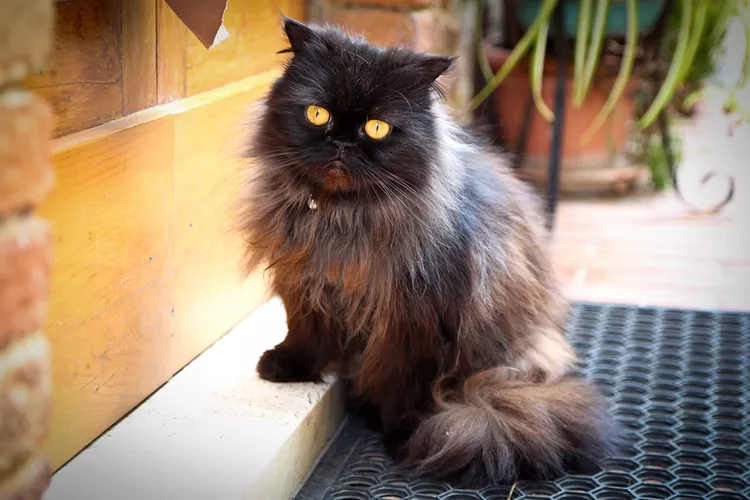
Are Ant Traps Safe for Cats?
Here's how to know if ant traps are safe for cats and how to keep yours free from harm if you have an ant problem.
The 6 Best Cat Nail Clippers of 2024 for a Safe Trim
Clipping your cat's nails can save your furniture and keep your kitty comfortable. We asked veterinarians for their cat nail clipper recommendations.
Is Neosporin Safe for Cats?
A brief summary of concerns a cat owner should be aware of before putting Neosporin on their cat, plus tips for things they can use at home instead.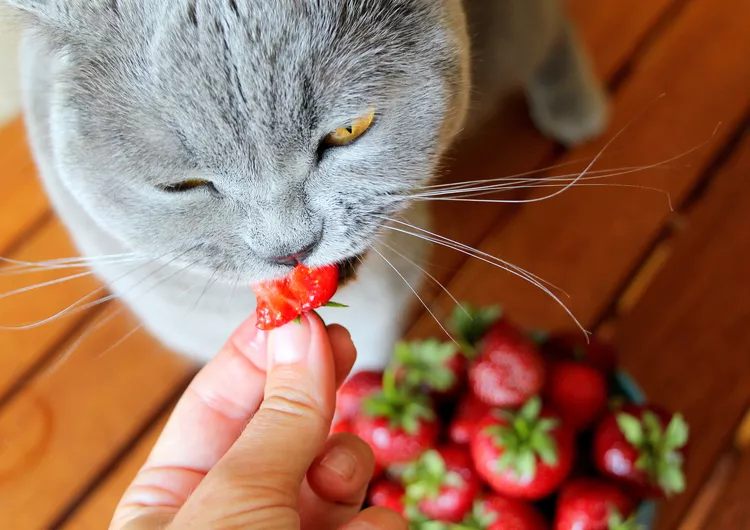
Can Cats Eat Strawberries? How to Safely Share This Summer Berry
Although cats are primarily meat eaters, strawberries may be an interesting and tasty snack for your feline friend. Find out the risks of feeding strawberries to cats and how to safely let your cat enjoy this fruit.
Cute Pictures & Facts About Calico Cats & Kittens
Learn fascinating facts about calico cats, including photos, the genetics behind this color combination, and common folklore and traditions.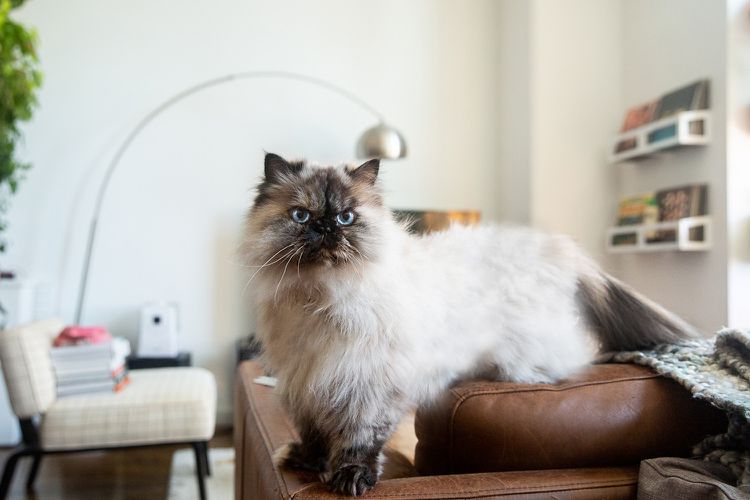
12 Most Popular Cat Breeds for Feline Lovers
These 12 cat breeds, like the Siamese and Sphynx, are known for their unique appearances and personalities. Learn what makes them so popular.
Balinese: Cat Breed Profile, Characteristics & Care
The Balinese cat is playful, sociable, elegant, intelligent, and a touch on the vocal side. Learn about the Balinese, including appearance, temperament, health, and care needs.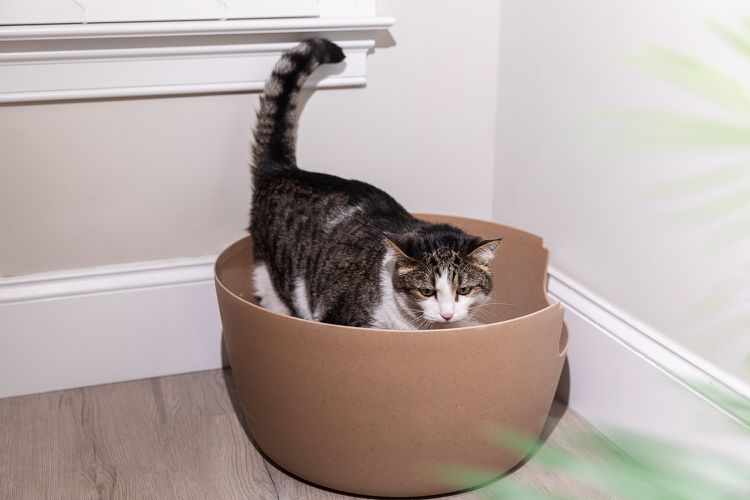
Why Cats Don't Always Cover Their Poop
Cats may not cover their poop for a few different reasons, including being territorial, sending a message to their owner, and not liking the litter.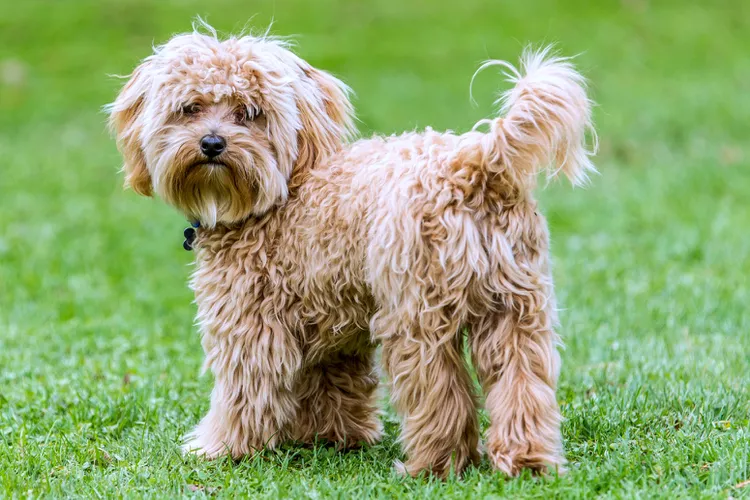
Cavapoo: Dog Breed Characteristics & Care
The Cavapoo is a hybrid of the Cavalier King Charles spaniel and a toy or miniature poodle. Learn why these teddy-bear-looking dogs make the perfect addition to your family.
Why Dogs Eat Poop and How to Stop Them
Is your dog eating poop? Some dogs do this because of stress or illness. Learn how to prevent stool eating, or coprophagia, in dogs.
Can Dogs Get Depression? How to Help Your Sad Dog
Can dogs get depression? Learn about the signs of depression in dogs and find out how to help your sad dog.
4 Reasons Why Your Dog Licks Their Butt
Butt-licking in dogs can be a part of normal grooming, but excessive butt-licking is not normal. Read about the most common reasons for this behavior.